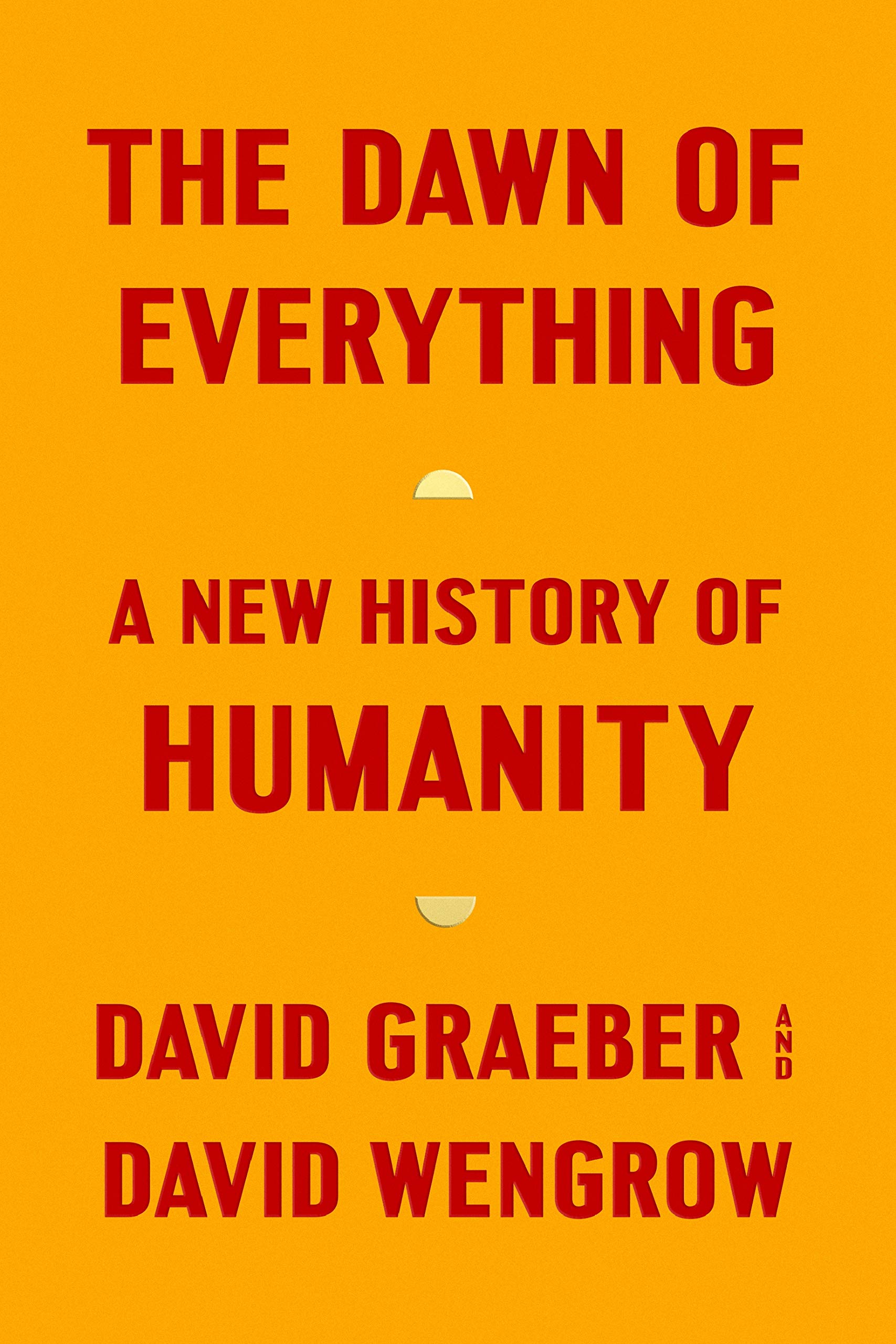sirodoht reviewed The Dawn of Everything by David Graeber
Review of 'The Dawn of Everything' on 'Goodreads'
5 stars
The commentary for this book is ridiculous: “revolutionary”, “intellectual feast”, “genuinely ground breaking”, “a marvel of a book”—seriously? But, really, this book is incredible.
To start with, I cannot grasp how they wrote these 700 pages of unending extremely researched examples and arguments, articulated in an extremely convincing but also almost fun way. This is a life’s work.
What this book is doing is presenting a lot of examples with multiple references and explanations of multiple social structures of the past. It—very convincingly—answers questions on the origin of inequality, on the origin and possibility of democratic cities, on the fluctuation of social norms. Kandiaronk and the Wendat of North America have definitely become my favourite.
But, mostly, what this book wants to say is that across history we can really see humanity experimenting with so many different social structures; so what happened and we’re stuck with the same one for a while now?
I definitely recommend this book to everyone—including all my friends who cannot see democracy working on a large scale because of the large scale!
A favourite excerpt:
“This is why the English word ‘free’ is actually derived from a root meaning ‘friend’. Slaves could not have friends because they could not make commitments to others, since they were entirely under someone else’s power and their only obligation was to do exactly what their master said. If a Roman legionary was captured in battle and enslaved, then managed to escape and return home, he had to go through an elaborate process of restoring all his social relationships, including remarrying his wife, since the act of enslaving him was considered to have severed all previous relationships. The West Indian sociologist Orlando Patterson has referred to this as a condition of ‘social death’.”

